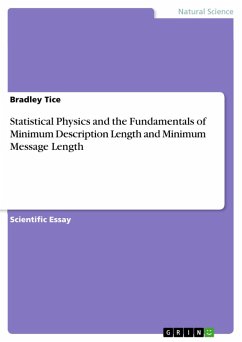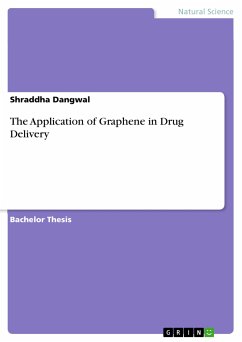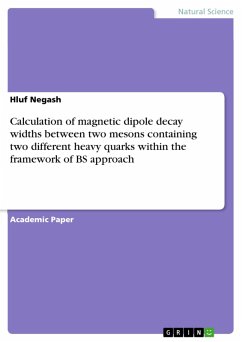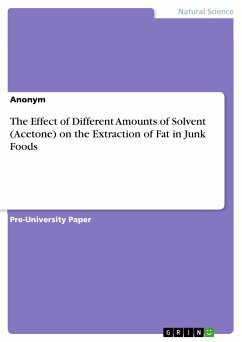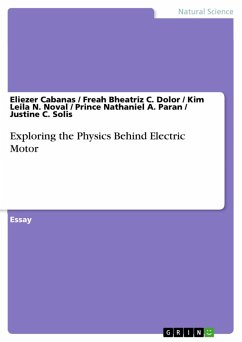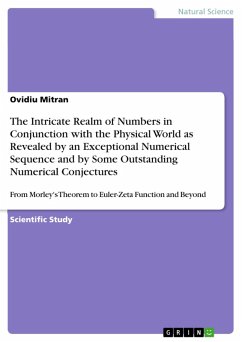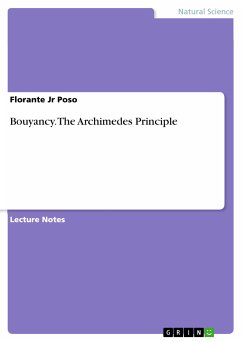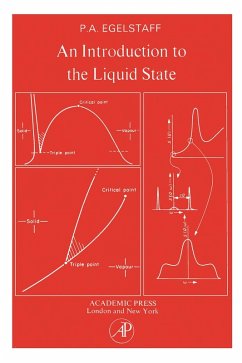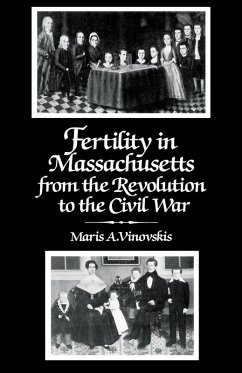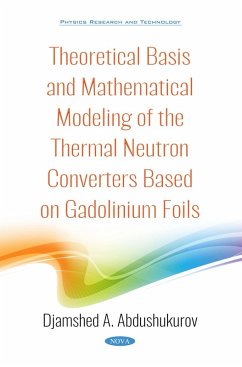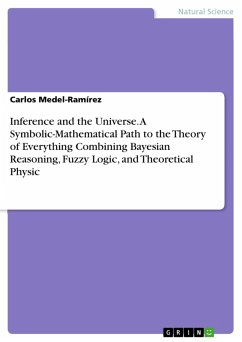
Inference and the Universe. A Symbolic-Mathematical Path to the Theory of Everything Combining Bayesian Reasoning, Fuzzy Logic, and Theoretical Physic (eBook, PDF)

PAYBACK Punkte
0 °P sammeln!
Document from the year 2025 in the subject Physics - Other, grade: Universitario, University of Veracruz (IIESES), course: Theoretical Physic and Symbolic Mathematical, language: English, abstract: Inference and the Universe: A Symbolic-Mathematical Path to the Theory of Everything addresses one of the most ambitious scientific objectives of contemporary physics: integrating General Relativity and Quantum Mechanics into a coherent and unified theoretical framework. In this rigorous and interdisciplinary work, Carlos Medel-Ramírez employs an innovative inferential approach that combines symbol...
Document from the year 2025 in the subject Physics - Other, grade: Universitario, University of Veracruz (IIESES), course: Theoretical Physic and Symbolic Mathematical, language: English, abstract: Inference and the Universe: A Symbolic-Mathematical Path to the Theory of Everything addresses one of the most ambitious scientific objectives of contemporary physics: integrating General Relativity and Quantum Mechanics into a coherent and unified theoretical framework. In this rigorous and interdisciplinary work, Carlos Medel-Ramírez employs an innovative inferential approach that combines symbolic logic, fuzzy logic systems, and Bayesian reasoning to bridge the fundamental interactions governing nature. The text methodically examines Einstein's General Relativity, emphasizing its geometric structure and deterministic character, and contrasts it with the inherently probabilistic formalism of Quantum Mechanics. Through detailed analyses, the author highlights the mathematical incompatibilities manifesting at Planck-scale phenomena, presenting precise descriptions of field equations, Polyakov actions, and spin network formulations. Additionally, a critical comparative assessment of prevailing unification frameworks-including String Theory, Loop Quantum Gravity, M-Theory, and emergent gravity paradigms-is systematically developed, emphasizing their strengths, limitations, and conceptual assumptions. What distinctly characterizes this volume is its methodological innovation. By integrating foundational tools from symbolic logic (in the tradition of Tarski and Carnap), fuzzy logic (following Zadeh), and probabilistic inference (as developed by Pearl and Jaynes), Medel-Ramírez constructs a sophisticated inferential architecture. This multi-tiered logical structure rigorously addresses uncertainty, partial truths, and epistemic complexity, facilitating the creation of compatibility diagrams and Bayesian networks that systematically evaluate the plausibility of unification theories. These evaluations consider both theoretical coherence and empirical validations, notably including observational constraints from gravitational wave detections by LIGO. Moreover, the book extensively reflects on the profound philosophical ramifications arising from such theoretical synthesis. Drawing insights from the epistemological frameworks of Kuhn and Lakatos, the author critically revisits concepts of determinism, causality, and the epistemic boundaries of scientific inquiry. The discussion extends to the sociocultural consequences that achieving a unified theory could have on humanity's cosmological perspective.
Dieser Download kann aus rechtlichen Gründen nur mit Rechnungsadresse in A, B, BG, CY, CZ, D, DK, EW, E, FIN, F, GR, HR, H, IRL, I, LT, L, LR, M, NL, PL, P, R, S, SLO, SK ausgeliefert werden.




